Prevent, Teach, Reinforce for Young Children is an excellent inclusion model for supporting children with complex behaviors, and it aligns beautifully with Montessori best practices. Presented by AMI Director of Training Sarah Werner Andrews, with special education and behavior specialists from the Multnomah Early Childhood Program (MECP), this 6 week series will introduce the Pyramid Model and help participants learn how PTR-YC can be used effectively in Montessori settings for 3-6 year olds.
Who Should Take This Course?
- All Montessori teachers and school leaders working with Preschool for All, and Preschool Promise - These are the models they use with children and families
- Guides looking for more effective strategies for complex behaviors in all children
- School Leaders who want to better support their guides and families
- Guides who want to inclusion strategies for children with high-incidence disabilities such as emotions/behavior disorders, autism, and ADHD, that really work in Montessori classrooms
Session 1: Introduction and Understanding Complex Behaviors and Your Own Responses
Learn about the Pyramid Model, the foundation for PTR-YC, and how inclusive settings support healthy social development. Learn that complex behaviors are communicative, maintained by their consequences, and occur in context. Reflect on your own responses to complex behaviors, and identify how your attitudes and beliefs can be obstacles to children’s development.
Session 2: Preventative Classroom Practices - “The Big Five”
Learn about five foundational preventative classroom practices that have a significant impact on behavior and the positive energy of a Montessori classroom. Learn how to assess your classroom-wide fidelity to these practices and uncover areas for improvement.
Session 3: Goal Setting and Observation
Learn to set goals for resolving complex behaviors through teaching replacement behaviors, and how to use observation strategies to measure and monitor progress.
Session 4: Functional Behavior Assessment
Discover when undesirable behaviors are most likely to occur, what the child gains through these negative behaviors, and how they might be unintentionally reinforced. Learn how to help the child meet their needs in socially appropriate ways.
Session 5: Developing Individualized Interventions
Learn how to use the information gathered through observation and assessments to make individualized interventions that prevent the negative behaviors, teach replacement behaviors and reinforce the positive behaviors. Learn how to make sure your interventions can be implemented effectively, and what to do if progress is not what you hoped.
Session 6: Intervention Strategies to Prevent, Teach, and Reinforce
Learn an array of intervention strategies compatible with Montessori principles and practices from the three categories of preventing, teaching, and reinforcing. Learn which strategies work best in which situations, as well as key steps and considerations for implementation.

